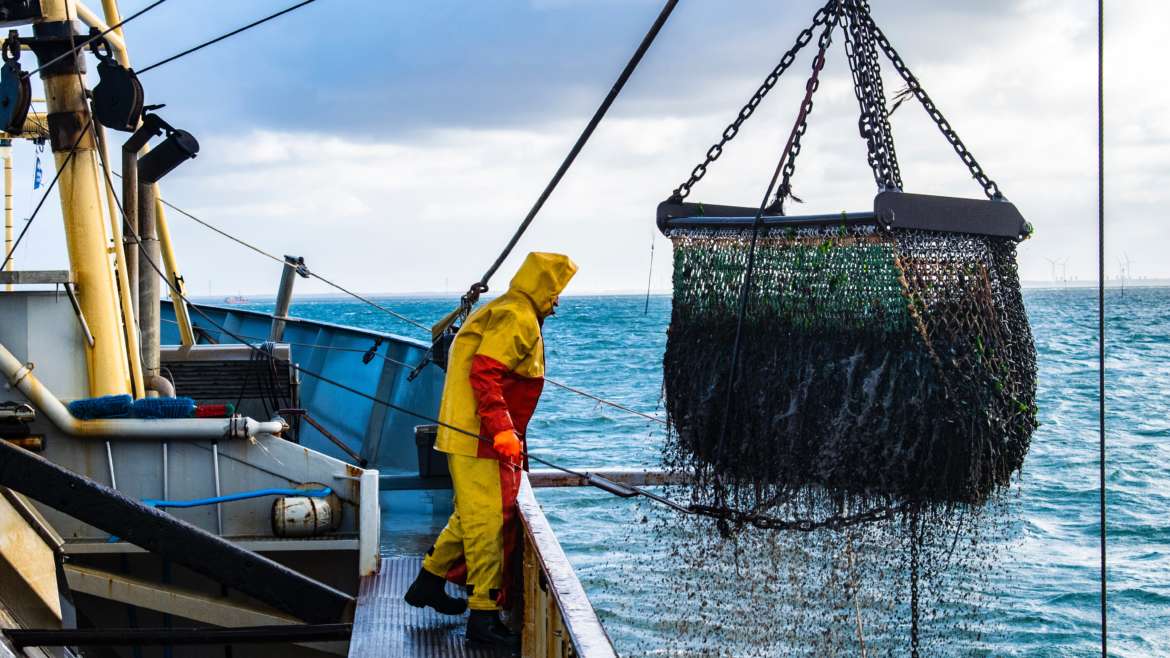
Today’s blog post will take a look at two different disputes related to Indigenous fishing rights and provide an overview of the treaties, laws, and regulations that apply in each instance. It will conclude with a discussion on environmental regulatory compliance.
The Mi’kmaq and Lobster Fishing in Digby
Right now, there is a dispute taking place in Digby, Nova Scotia between Indigenous and commercial, non-Indigenous lobster fishermen. The dispute is over, among other issues, exactly what the Indigenous fishermen’s rights to the fishery are and whether the rights exist outside of environmental regulatory compliance in Canada. The Indigenous fishermen claim to be within their treaty rights to a fish, reserved for them by their ancestors in the 1752 Treaty which states that the Mi’kmaq “shall not be hindered from, but have free liberty of Hunting and Fishing as usual. . .” and rights to trade and that they harvest sustainably.
They further argue that a Canada Supreme Court case, known now as the Marshall decision, affirmed these treaty rights to hunt, fish, and gather to “obtain necessaries” and pursue a “moderate livelihood.” The definition of a “moderate livelihood,” however, has yet to be fully reconciled with environmental regulatory compliance required by the Department of Fisheries and Oceans (DFO).
The Mashpee Wampanoag and Fishing Rights in the U.S.
In the U.S., Indigenous treaty rights to hunting, fishing, and gathering for sustenance were first upheld in the 1905 Supreme Court decision, United States v. Winans. There, the Court had to determine whether the members of the Yakima Nation had a right to take fish “at all usual and accustomed places” in accordance with the Treaty of 1859. The Court held that fishing was not a right granted, but rather a reservation by the Yakima of rights already in its possession and never abrogated. “Usual and accustomed” fishing areas were further upheld in various federal and state court cases.
The Mashpee Wampanoag in Massachusetts have also experienced disputes related to their fishery rights this year as well, for herring fishing. In the past they have dealt with issues related to eel and shellfish harvesting. For the Wampanoag, it is unclear whether a treaty applies or not. Two particularly important cases are Commonwealth v. Michael L. Maxim, 429 Mass. 287 (1999) and its companion case, Commonwealth v. David S. Greene. There, the defendants were cited for violating the Town of Bourne’s shellfish regulations, by collecting soft-shell clams for personal consumption without a permit. They sought dismissal of the criminal violations (some fishing non-compliance is civil, some is criminal!) due to their status as members of the Wampanoag Tribe.
The Massachusetts Supreme Judicial Court noted that “[t]he Commonwealth conceded at trial that aboriginal rights have long been recognized in the Commonwealth, and at least until 1941, such rights were explicitly acknowledged by statute[,]” but did not address the argument that the defendants’ actions were protected by the two treaties cited to. It held only that the regulations could not apply to the defendants because ambiguities in regulations must be resolved in favor of the defendants under Commonwealth v. Hrycenko, 417 Mass. 309, 317 (1994).
Mr. Greene was back in the news in 2011 regarding environmental regulatory compliance, when he filed a lawsuit in Plymouth County Superior Court claiming that the Town of Mattapoisett and its shellfish warden “violated his right to fish ‘without interference, obstruction, or regulation by any governmental authority other than the sovereign Wampanoag Tribe.’” Yet, the issue of whether any treaty rights are implicated in these cases remains outstanding, as the courts in Massachusetts have not yet ruled on the applicability of any treaties.
Overall, environmental regulatory compliance with fishing regulations is important for all people actively fishing – commercially and recreationally, Indigenous and non-Indigenous – to preserve and sustain stock numbers. It is important to know which regulations apply to you, so that you fish in a compliant manner. For your environmental regulatory compliance concerns, call Desautel Browning Law at 401.477.0023 or email us to set up a consultation. Our attorneys have actively represented fishing interests in regulatory processes.
